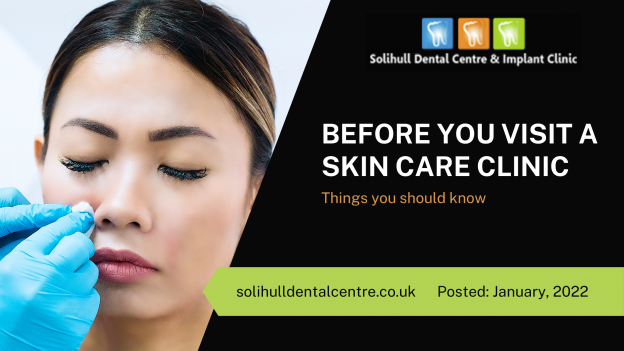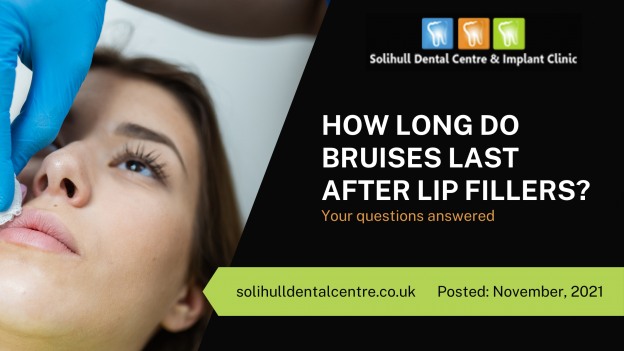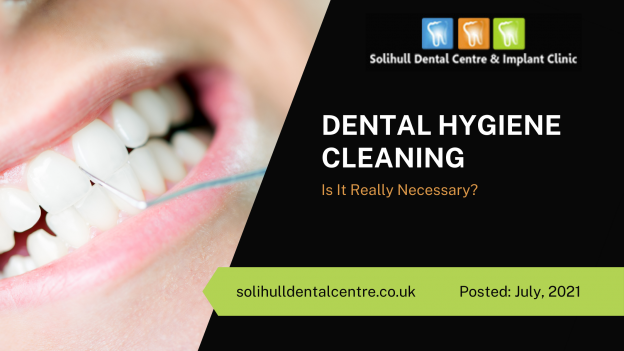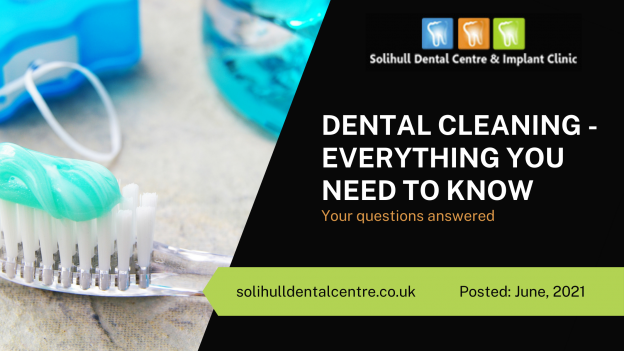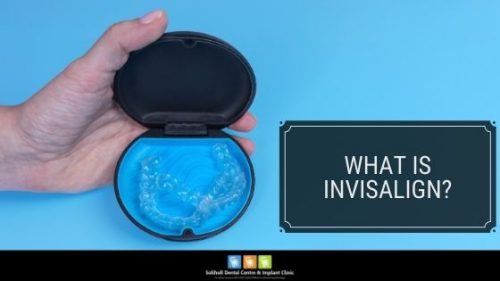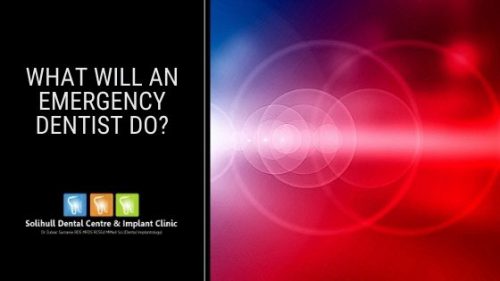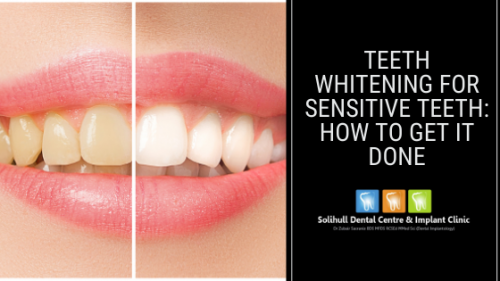In today’s world, the first impression is everything; while nice clothes and shoes are essential in making one look attractive, one’s smile and facial aesthetics are equally important. According to the American Academy of Cosmetic Dentistry, people with flawless smiles are perceived as more friendly and attractive and tend to make a great first impression. On the other hand, people with flawed smiles or skin defects find it hard to socialise and make great first impressions. However, this certainly does not mean that these defects are not treatable! If you have age-related skin problems that are adding more years to your face, don’t worry, there are various options available to fix these problems. Continue reading to find out how you can get rid of these issues and enjoy a picture-perfect smile.
Do Skincare Clinics Permanently Solve Our Skin Issues?
Skincare clinics offer treatment for various skin problems. Whether a skin problem can be fixed permanently depends primarily on its cause and skin types. For example, skin infections can be generally treated permanently using antibiotics. Similarly, permanent hair removal also tends to last permanently. On the other hand, age-related skin flaws such as creases and wrinkles usually need to repeat for consistent results. Your dermal treatment specialist or cosmetic dentist will recommend the frequency of visits required for retreatment or follow-up visits, depending on the type and severity of your problem.
Why Is Skin Care Treatment Necessary?
Your skin’s tone, colour, and volume play a pivotal role in beautifying your facial aesthetics and smile. Whether you have age-related skin changes or you simply want to enjoy perkier lips or cheeks, skincare clinics offer all these services under one roof. Even if you don’t have any skin flaws, visiting a skincare clinic will benefit you to get a skin rejuvenation treatment.
What’s The Best Skin Rejuvenation Treatment?
One of the safest and most effective skin rejuvenation treatments is dermal fillers. Different dermal fillers are injected into the skin to enhance the volume and remove wrinkles and creases. You can benefit from dermal fillers if you have problems that you would like to improve on:
- Thin lips
- Bony cheeks
- Age-related skin lines and wrinkles.
Dermatology: Is Botox Safe?
In short, yes; botox treatment is safe. Botox treatment involves the injection of the botulinum toxin into the skin, which results in an increase in the overall skin volume and elimination of dermal wrinkles and creases. According to the British Association of Aesthetic Plastic Surgeons, no significant adverse effects of botox injections have been reported in the literature. However, minor self-limiting complications like bruising, weakening of the associated facial muscles, and drooping of the eyelids may occur in rare cases. So, you can rest assured that botox treatment is safe and risk-free.
How Can I Tighten The Skin Of My Face?
One of the safest and quickest methods to tighten sagging or wrinkled skin is dermal fillers or botox injections. Dermal fillers are different substances injected into the skin to increase the facial volume, giving a youthful and healthier appearance. On the other, botox treatment involves injecting mild doses of botulinum toxin, which results in temporary muscle spasm and removal of skin wrinkles as a beneficial side effect. Besides, non-surgical treatment options are also available for tightening sagging and wrinkled skin.
What Kind Of Options Are There For Non-Surgical Skin Tightening?
Besides dermal filers and surgical treatment, various non-surgical and non-invasive skin tightening options are available that are equally effective. According to the American Society for Dermatologic Surgery, non-surgical skin tightening treatments involve using non-invasive devices to produce collagen in the deeper layers of the skin, thereby increasing the overall skin volume and reducing wrinkles. Some of these wrinkle treatment options offered by skincare clinics in the UK include:
- Ultrasound skin tightening
- Radiofrequency treatment
- Intense pulsed light combined with radiofrequency
Like dermal fillers and botox injections, these non-invasive treatment options are safe and do not carry significant health hazards.
What Are The Benefits Of Dermal Filler Treatments?
Perhaps, the most significant advantage of dermal fillers is that they significantly improve one’s facial aesthetics and makes one look younger and prettier. Another benefit of dermal fillers is that they help boost one’s self-confidence and make it easier to socialise and make new friends. Finally, another use of dermal filler among other skin treatments is that it provides rapid results and does not carry significant side effects.
How Safe Is It To Go For Dermal Fillers?
Going to a skin clinic for dermal filers is as safe as going to the dentists for professional cleaning or a dental filling. Dermal fillers use synthetic and natural materials that do not cause any side effects or allergic reactions. So, you can go to a skincare clinic without having to worry about any harmful effects.
How Do I Choose A Skin Care Clinic?
While skincare treatments effectively treat age-related skin and aesthetic problems, you must visit a qualified and experienced cosmetic team or skincare professionals for your treatment. This is because a novice or untrained professional may do more harm than good while performing your skincare treatment.
If you live in Solihull or surrounding areas, Solihull Dental Centre and Implant Clinic can take care of all your skincare and dental needs. We house state of the art equipment and have a highly qualified dental team to perform all aesthetic procedures in a safe, calm and relaxing environment. If you would like to benefit from our high-class aesthetic dental and anti ageing facial treatments, book an appointment with us today and let us take care of the rest.


